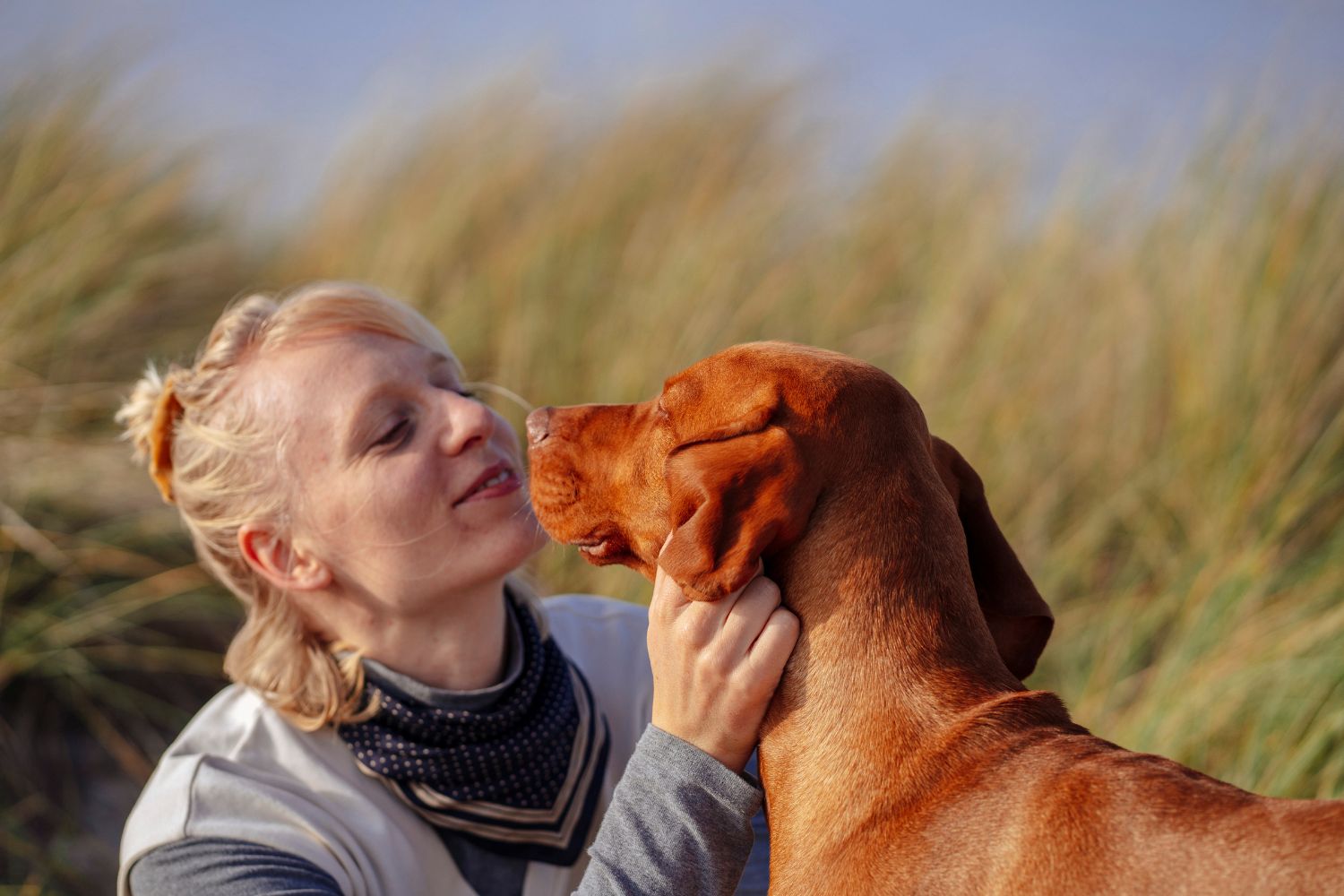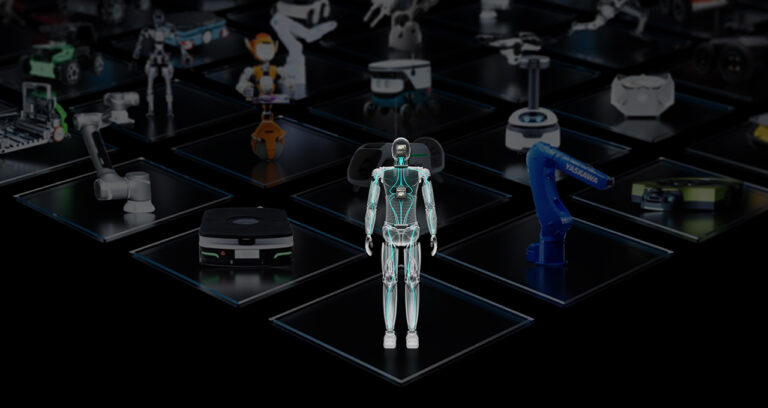New Study Indicates AI’s Capability to Pair You with Your Ideal Dog Breed

In a significant breakthrough, scientists have unveiled a pioneering AI algorithm capable of accurately predicting the personality types of dogs. Leveraging data from the Canine Behavioral Assessment & Research Questionnaire (C-BARQ), a tool that surveys dog owners about their pets’ behaviours across various scenarios, the algorithm marks a significant stride in understanding the nuanced traits of man’s best friend.
A joint team of researchers from the University of Pennsylvania and the University of London has developed an AI algorithm capable of accurately assessing the personalities of various dog breeds.
Specializing in canine behaviour and artificial intelligence, the researchers conducted a study on behalf of Dogvatar, a Florida-based canine technology company. This AI algorithm can potentially simplify finding a compatible canine companion for individuals. Furthermore, it is poised to expedite the selection of ideal K-9s for law enforcement agencies. Additionally, it will assist individuals with disabilities in identifying the most suitable service dogs.
The research findings categorize all dogs into five distinct personality types, shedding light on their temperaments and behaviours:
- Excitable/Hyper-attached: This type is characterized by high energy levels, strong attachment to owners, playfulness, and difficulty settling down.
- Anxious/Fearful: Exhibiting shyness, being easily startled, and showing fear towards unfamiliar people or dogs.
- Aloof/Predatory: Displaying low attachment or attention-seeking behaviour but possessing a high prey drive.
- Reactive/Assertive: Demonstrating aggressive tendencies and reacting strongly to disciplinary measures.
- Calm/Agreeable: Showing low levels of aggression and fear, an eagerness to please and a propensity for fast learning.
The implications of this AI-driven dog personality profiling are far-reaching:
- Enhanced Canine Adoption Matches: Shelters and rescue organizations can leverage this technology to make more informed matches between dogs and potential adoptive families, thereby reducing instances of returned pets due to compatibility issues.
- Optimized Selection for Specialized Roles: From law enforcement to guide dog and service dog programs, this tool aids in selecting the most suitable canines tailored to specific needs.
- Improved Performance in Specialized Roles: Dogs trained for detection, search and rescue missions, and sports competitions can be better placed and trained, leading to heightened effectiveness.
The algorithm’s accuracy is striking, with some models boasting up to 99% predictive powers. Nevertheless, researchers caution that the current data primarily relies on subjective owner surveys. They are actively working to integrate more objective measures, such as behavioural monitoring and genetic factors, to further bolster the algorithm’s reliability.
In essence, this AI-based approach promises to revolutionize the process of matching dogs with ideal human companions and suitable working roles. As technology evolves, our understanding of our four-legged companions deepens, paving the way for more harmonious and effective partnerships between humans and dogs.






